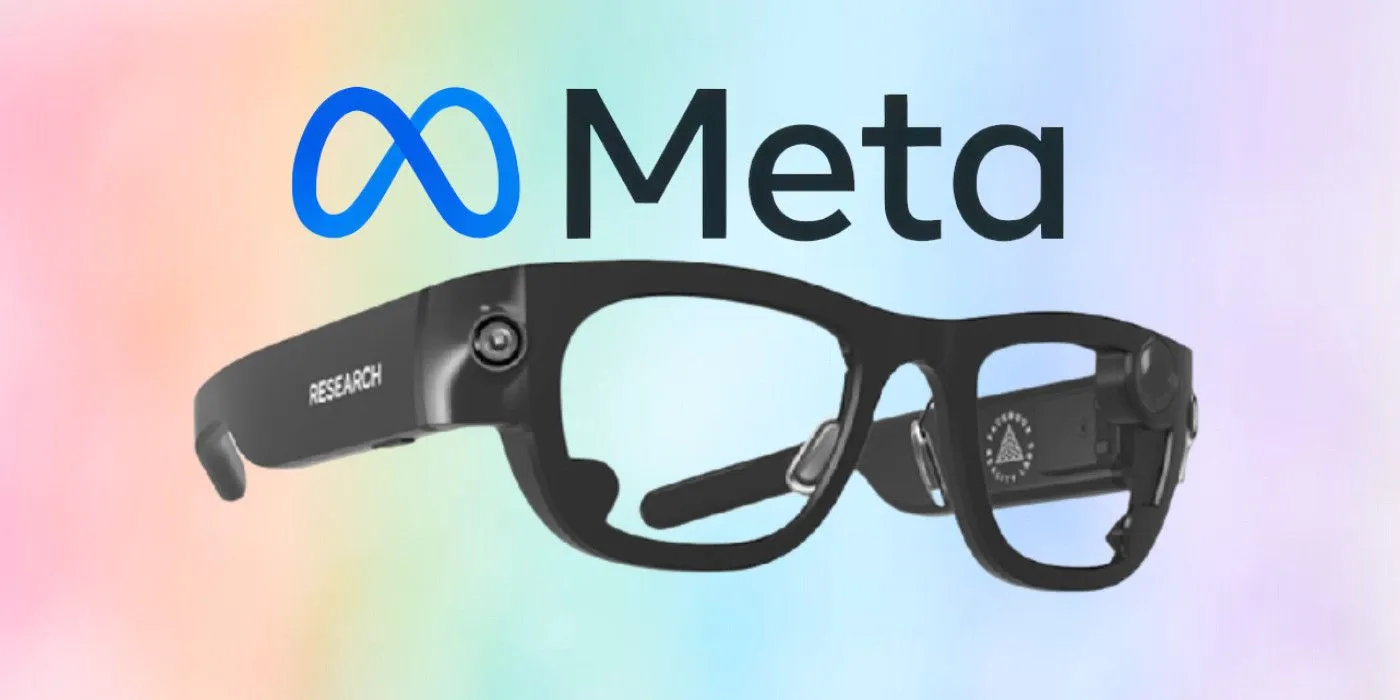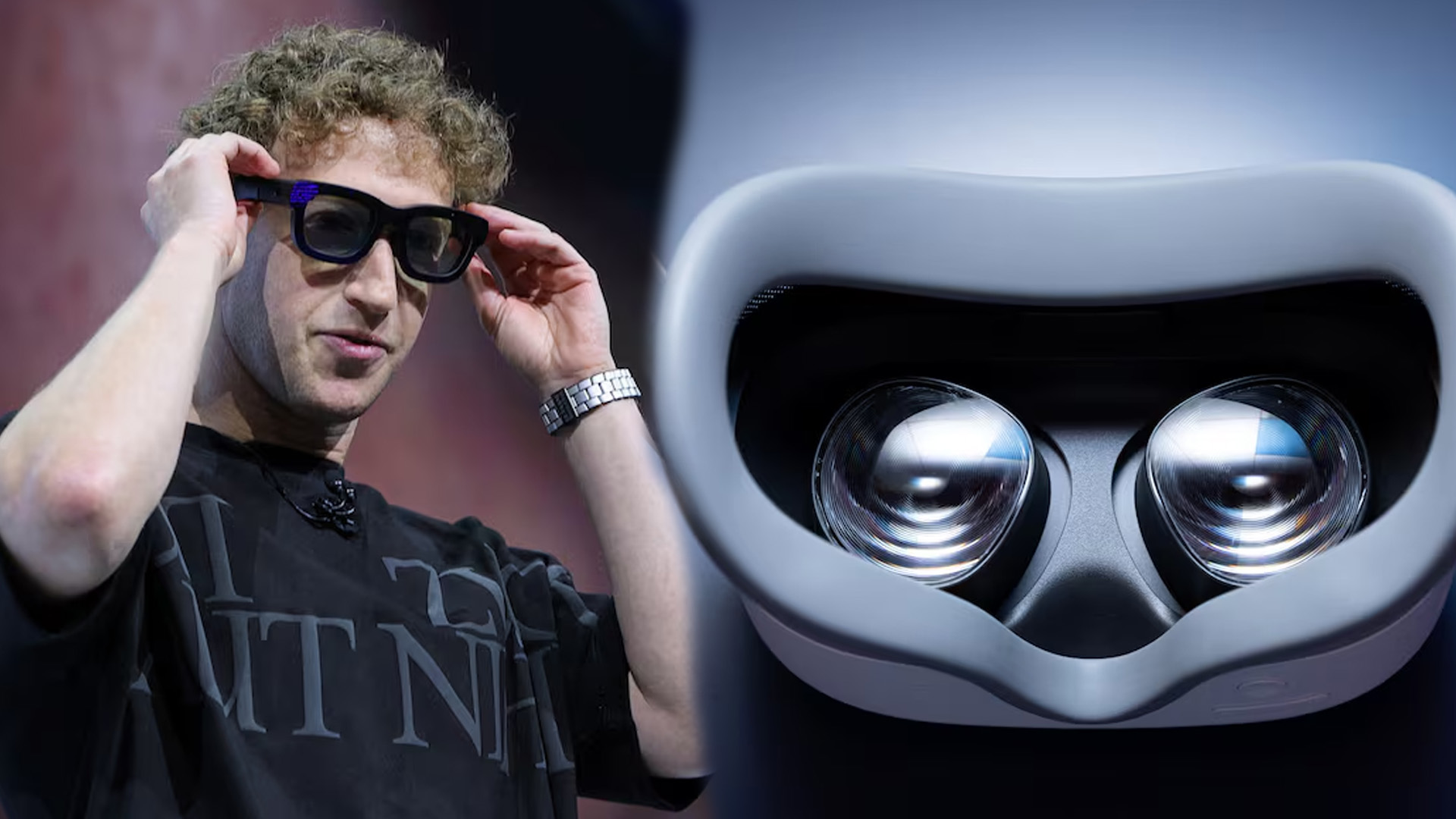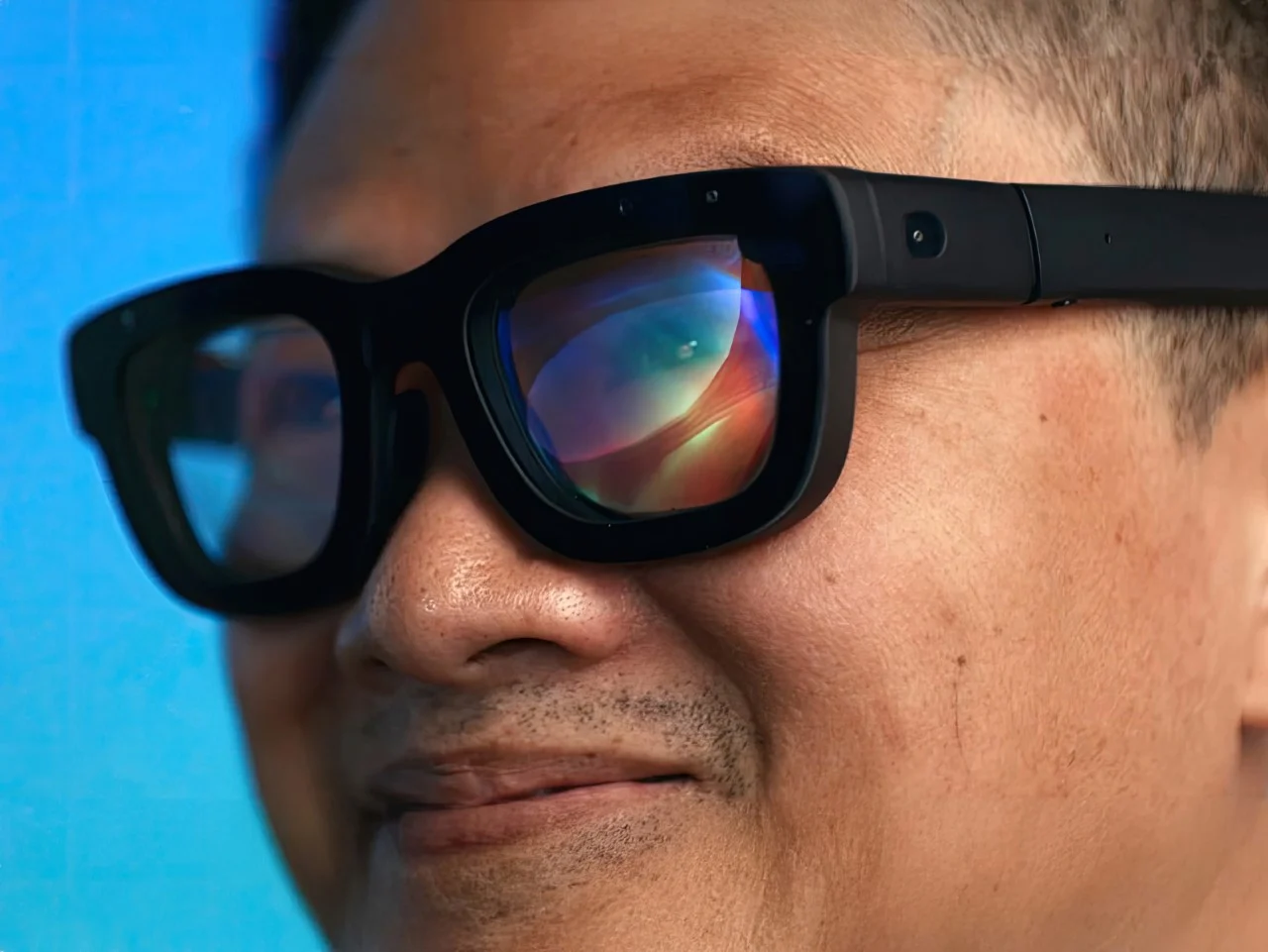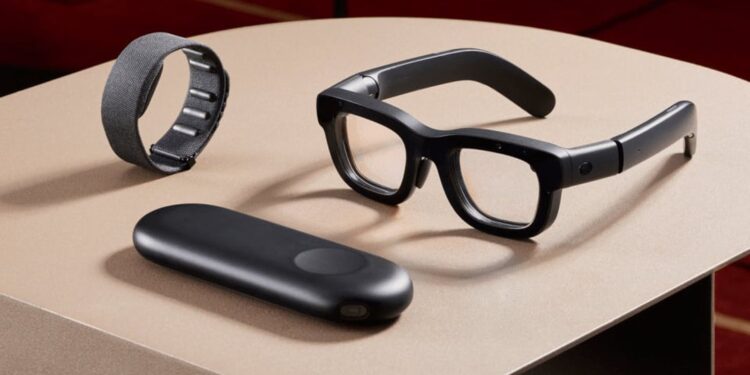Meta Platforms, the parent company of Facebook, showcased a groundbreaking development in augmented reality technology during its annual Connect conference. Introducing Orion, their first fully functional prototype of augmented reality glasses, Meta captivated attendees with a futuristic vision that seemed straight out of science fiction.

A Glimpse into Tomorrow: The Orion AR Glasses
Mark Zuckerberg, Meta’s CEO, revealed the Orion glasses, describing them as a significant leap towards blending the digital and physical worlds. “This is the physical world with holograms overlaid on it,” Zuckerberg explained, emphasizing the revolutionary nature of the technology. These glasses, crafted from a magnesium alloy and powered by custom silicon, are not just a new gadget but a portal to a myriad of virtual possibilities.
With a planned commercial release in 2027, Orion promises a seamless interaction through innovative hand-tracking, voice commands, and a wrist-based neural interface. As Zuckerberg put it, “These glasses exist, they are awesome, and they are a glimpse of a future that I think is going to be pretty exciting.” The ambition is clear: Meta envisions these glasses as more than just a product—they are a precursor to what could become a new standard in how we interact with the world around us.

The Rise and Integration of AI Capabilities
In conjunction with the AR glasses, Meta also unveiled enhancements to its AI offerings. A notable upgrade is the introduction of celebrity voices for its digital assistant, enabling users to choose famous personas like Judi Dench or John Cena to guide them through their digital interactions. This move is designed to make interactions with AI more natural and engaging.
The company also announced significant strides in their AI chatbot services integrated across their platforms, showcasing their commitment to evolving user experience through advanced technology. “I think that voice is going to be a way more natural way of interacting with AI than text,” Zuckerberg stated, highlighting the shift towards more intuitive communication technologies.

Bridging the Gap: From Virtual to Reality
Despite the enthusiasm surrounding these announcements, the journey has not been without its challenges. Big Tech’s venture into AR has seen its share of setbacks, with earlier attempts by other companies faltering. Yet, Meta’s persistent investment and innovation might just tilt the scales in their favor.
Analysts like Paolo Pescatore of PP Foresight acknowledge Meta’s aspirations but note that consumers remain cautious. “Users are still wary of AI and need some convincing,” he mentioned, pointing to the broader implications of adopting such advanced technology in everyday life.

A Path Forward Laden with Investment
Meta’s relentless pursuit of the metaverse has been costly, with the company directing tens of billions into this transformative technology. Reality Labs, the unit behind these innovations, has reported substantial losses, reflecting the high stakes and immense resources involved. Nonetheless, Meta’s strategy indicates a long-term vision that prioritizes substantial upfront investment for what could be a paradigm shift in digital interaction.
As Meta continues to refine its technology and expand its capabilities, the world watches closely. With each advancement, the company not only charts a path for its future but also for the evolution of how we might all one day perceive and interact with the overlay of digital and physical realities. Whether this bold vision will be realized remains to be seen, but one thing is clear: Meta is not just participating in the future; it is trying to create it.










